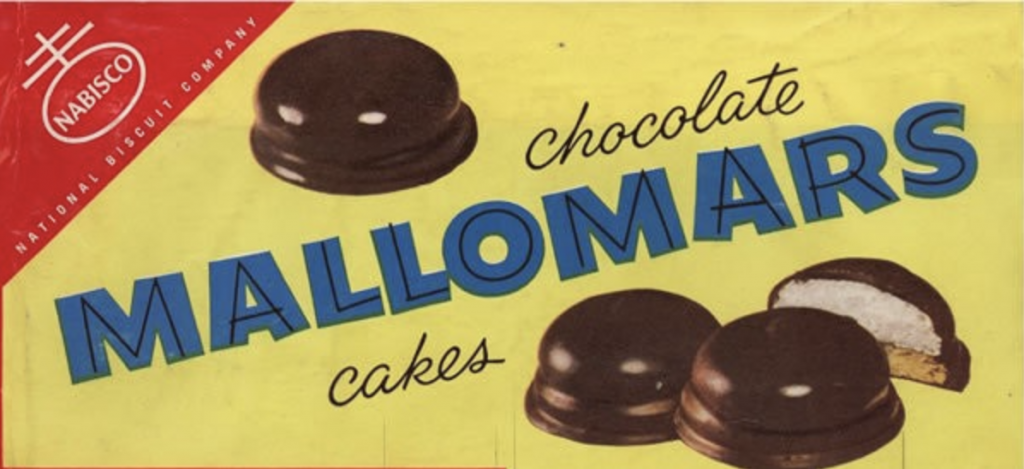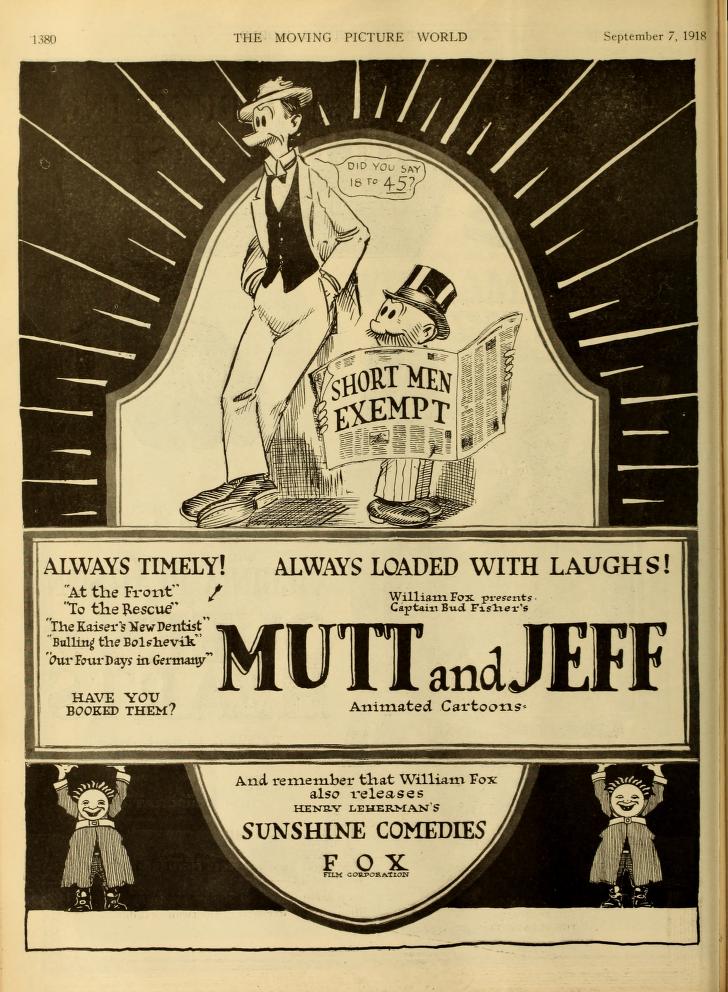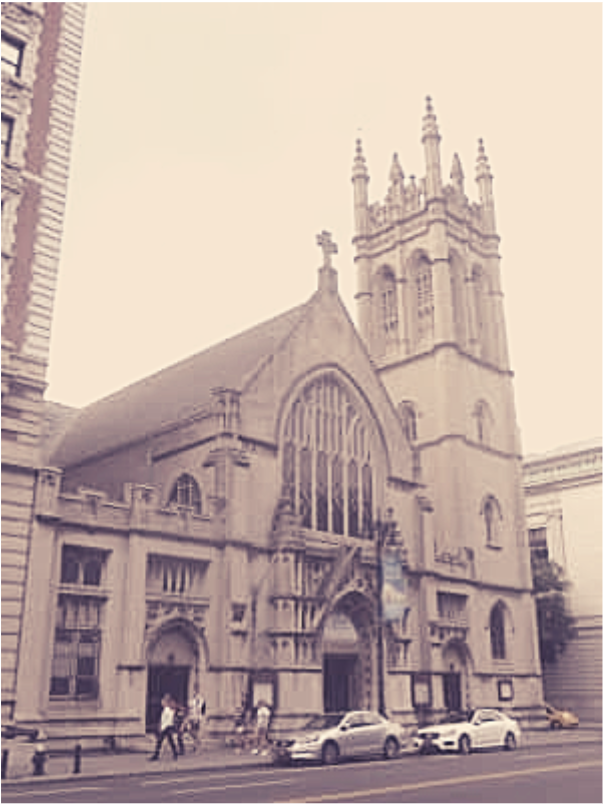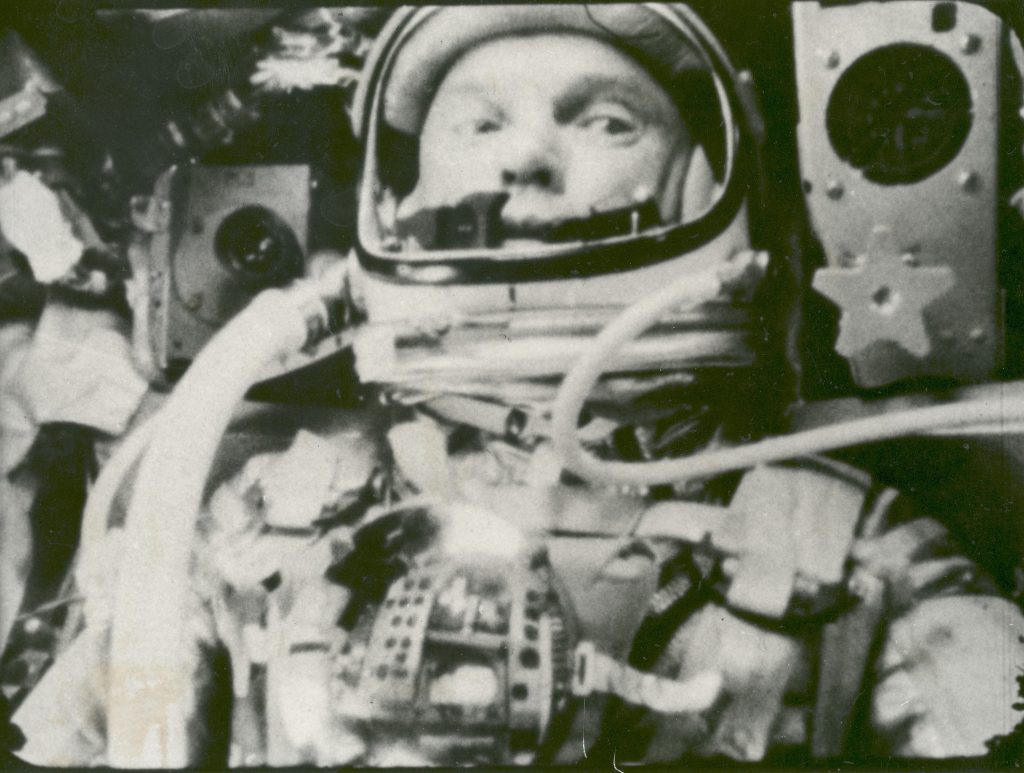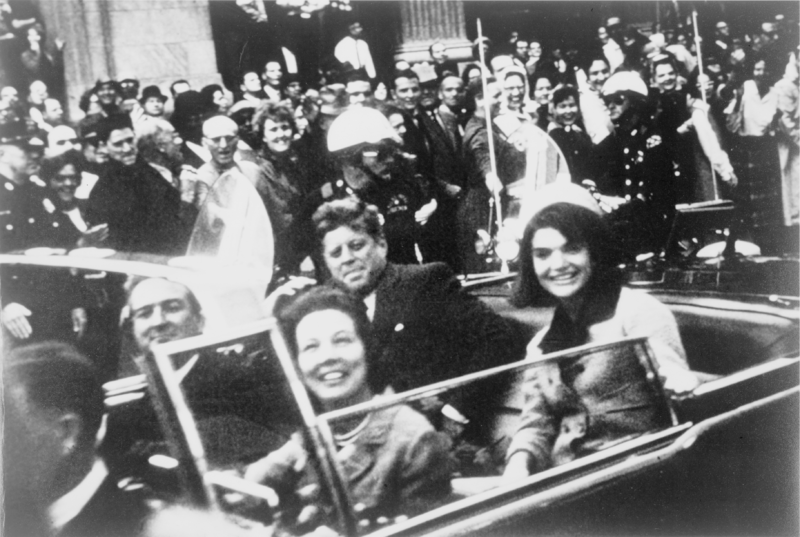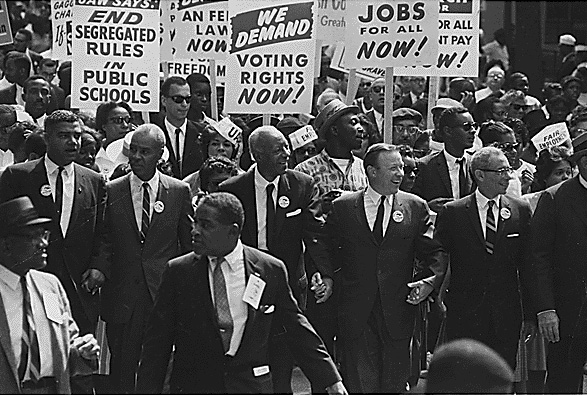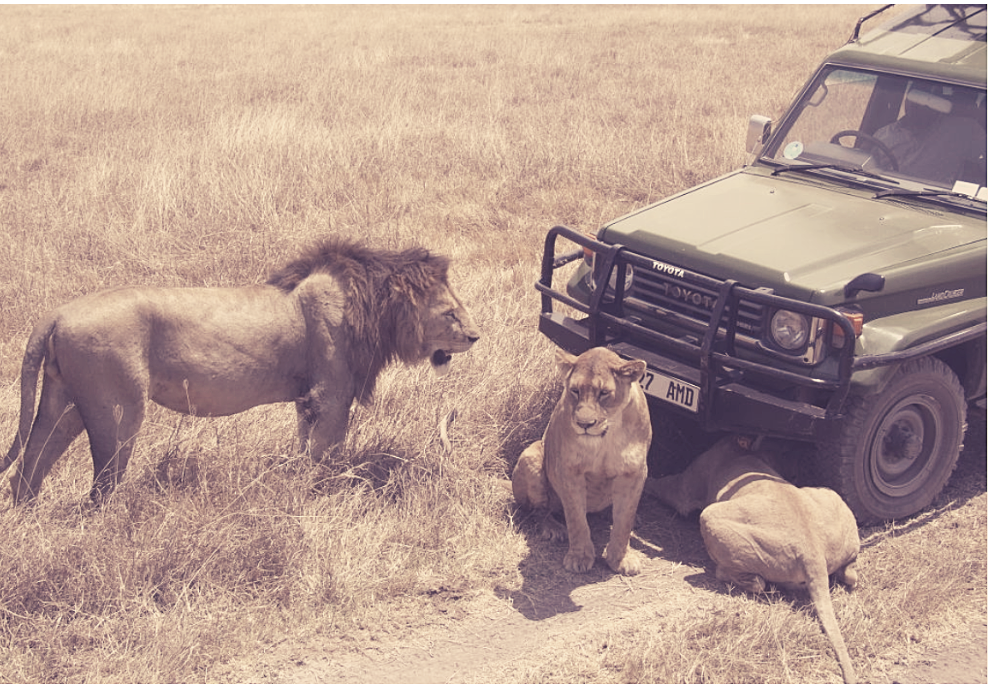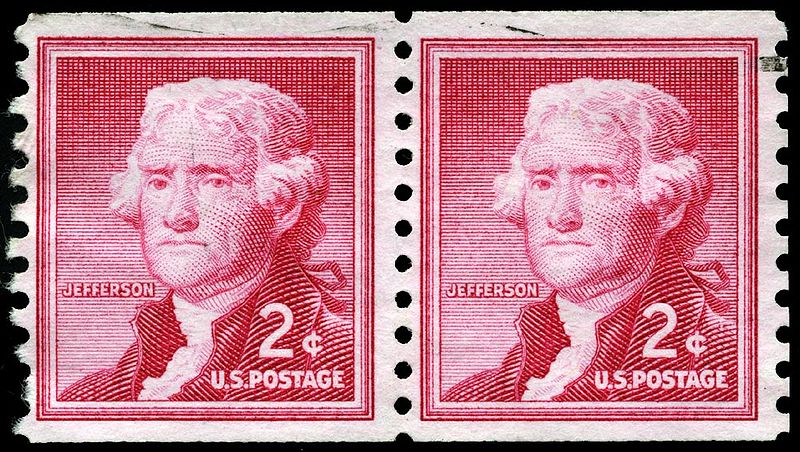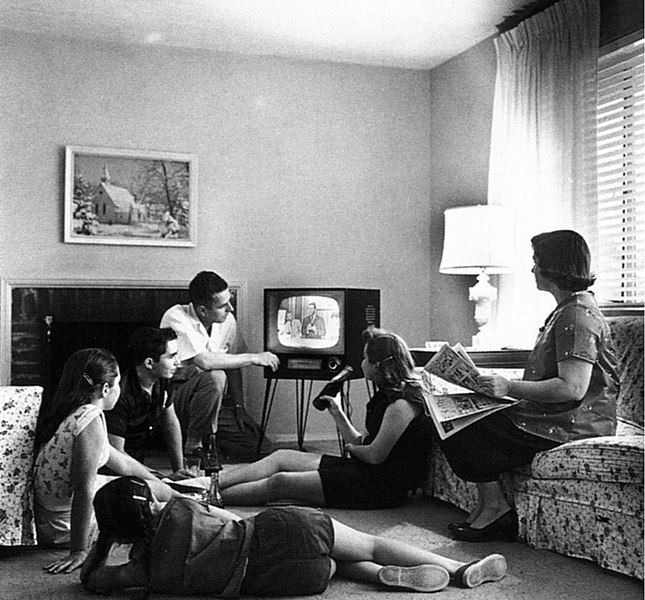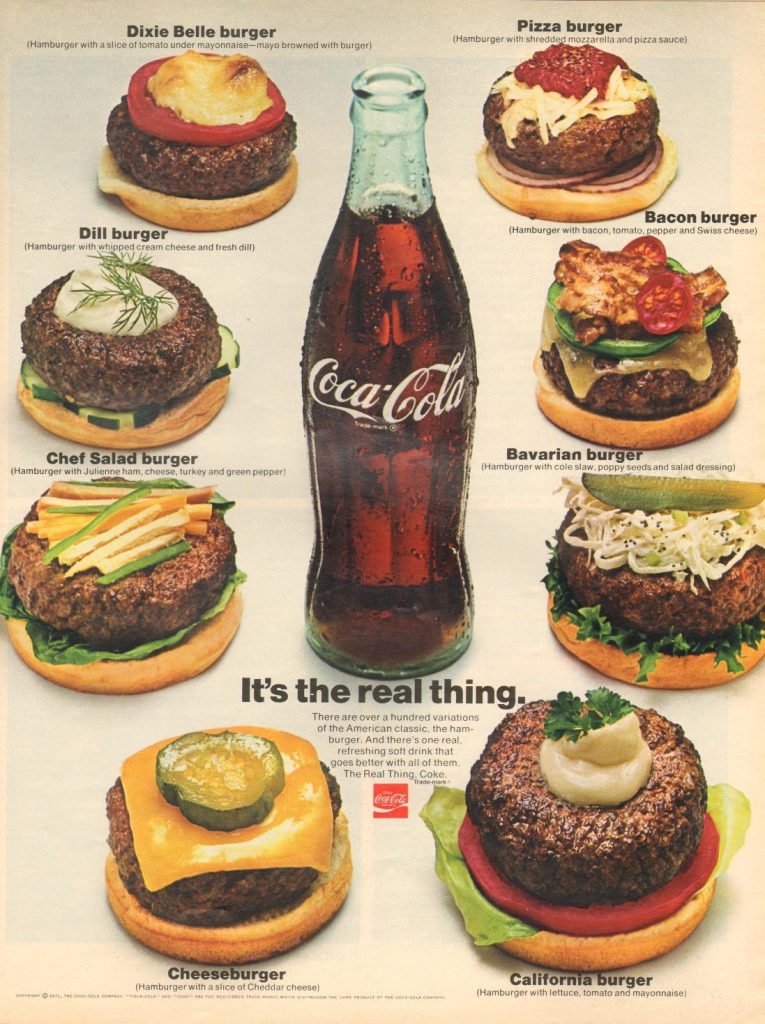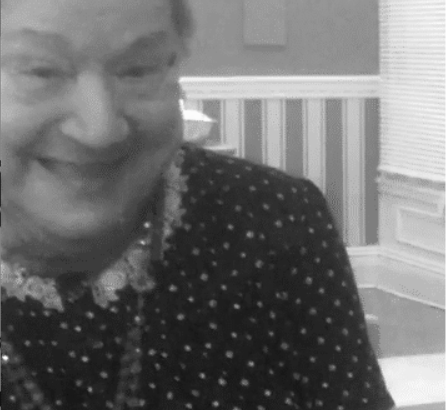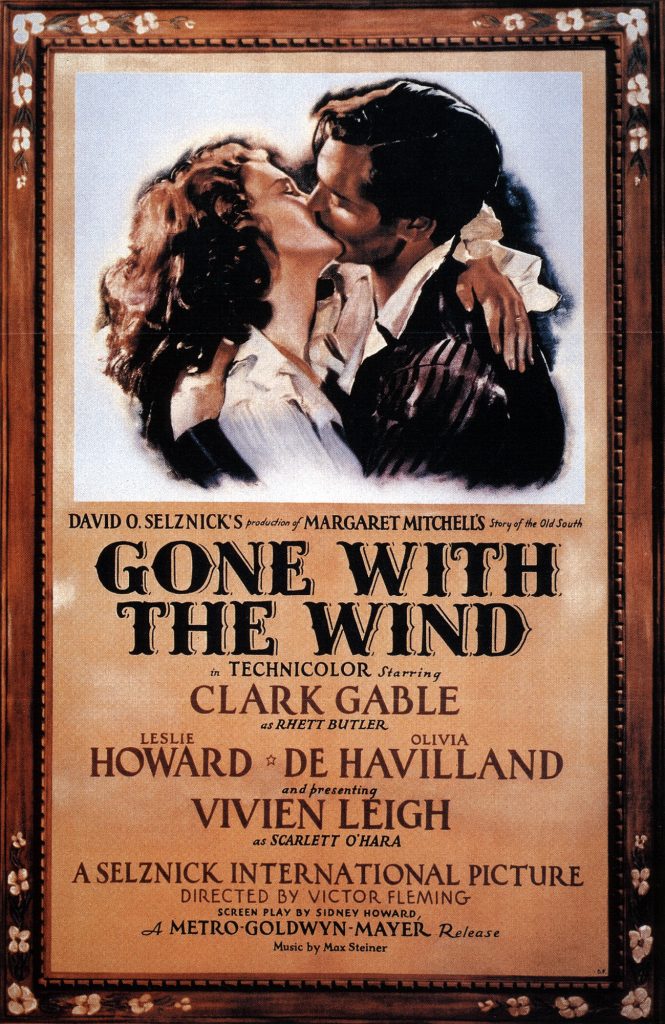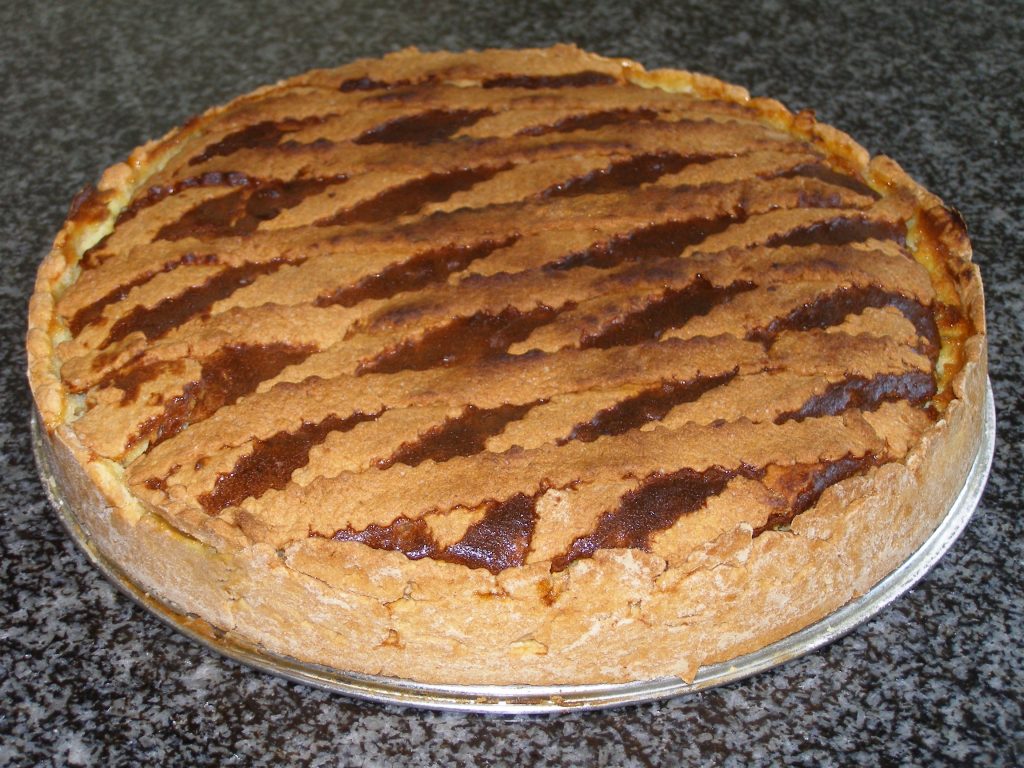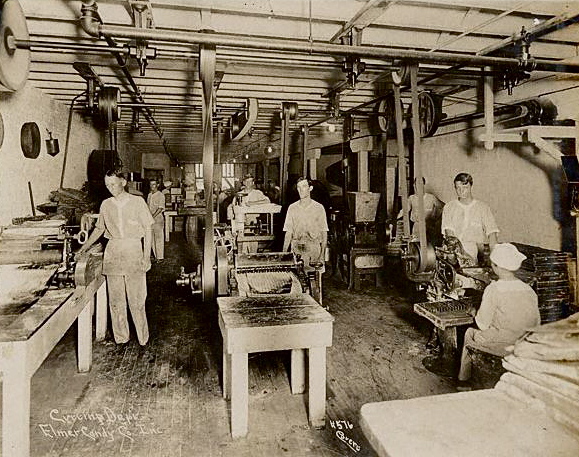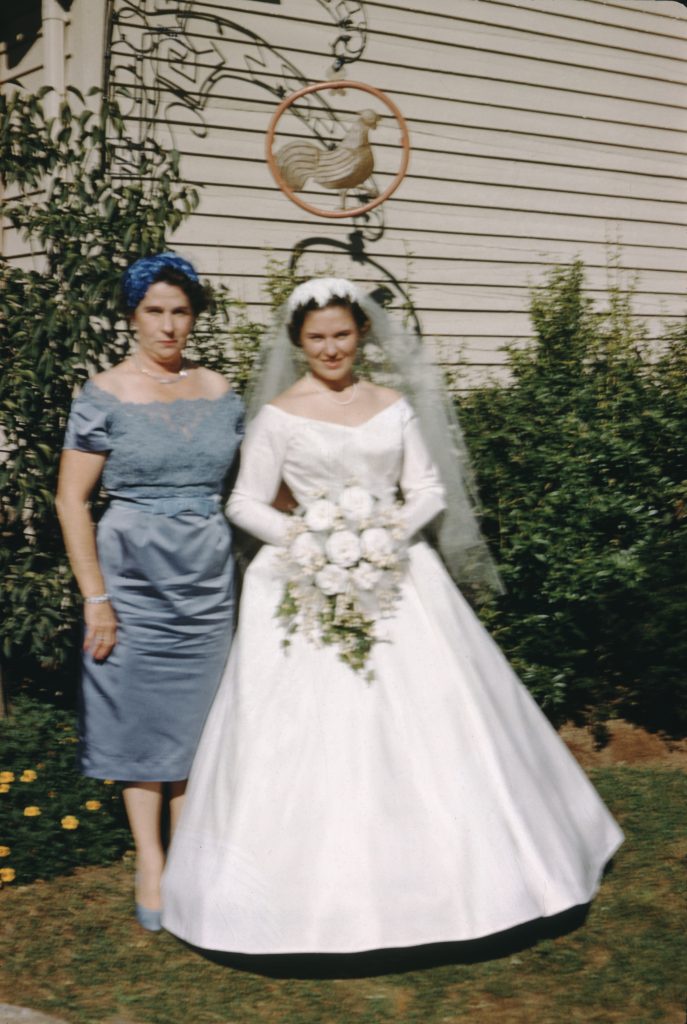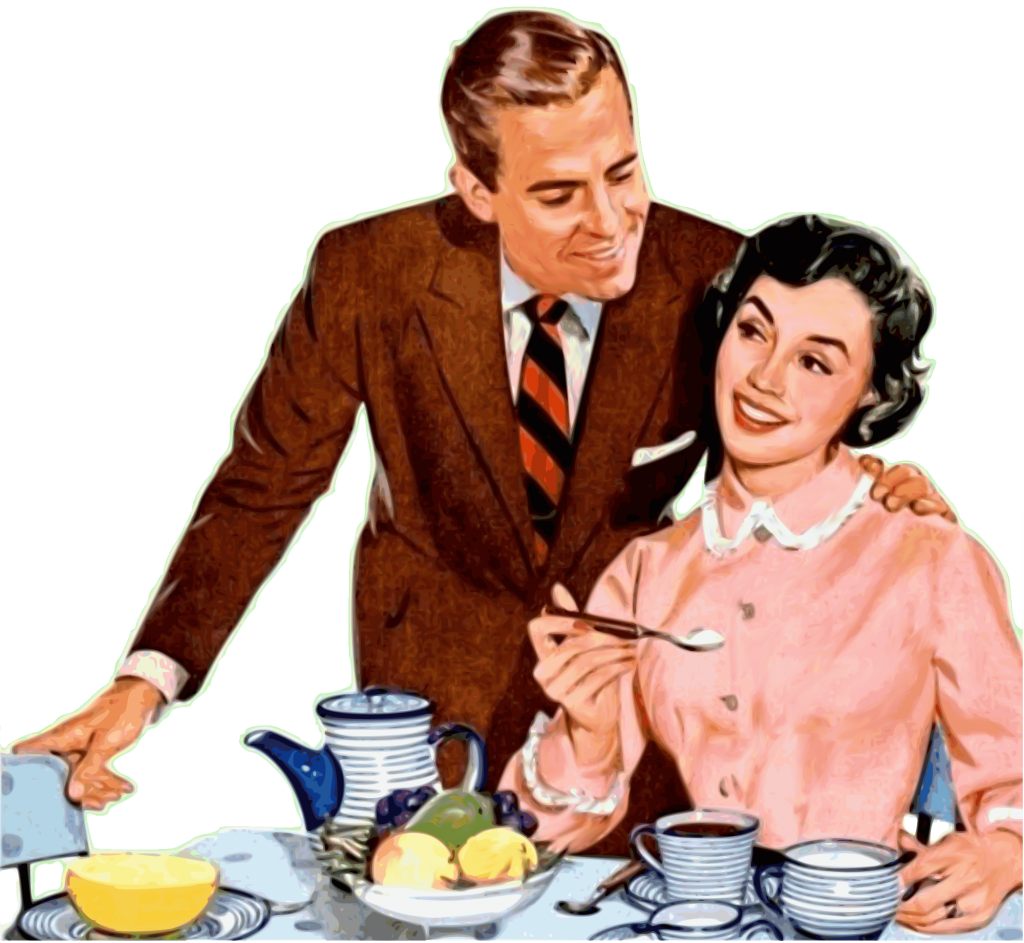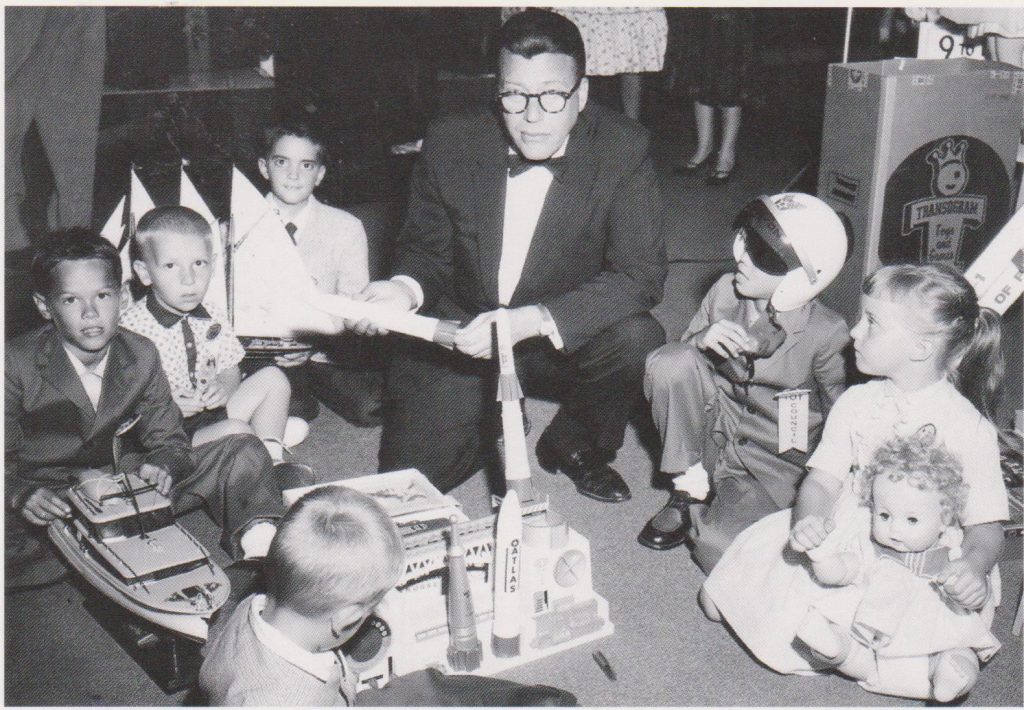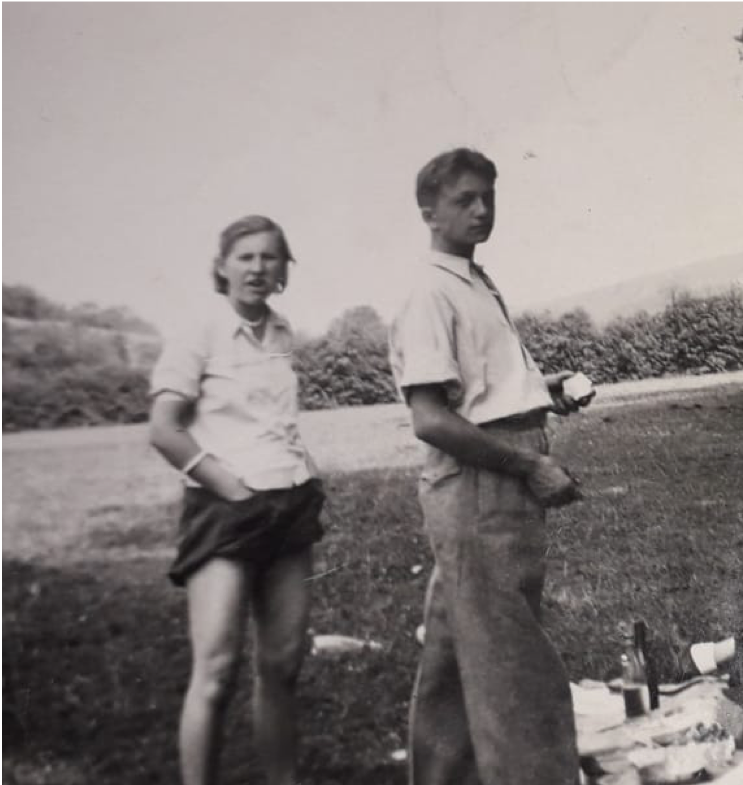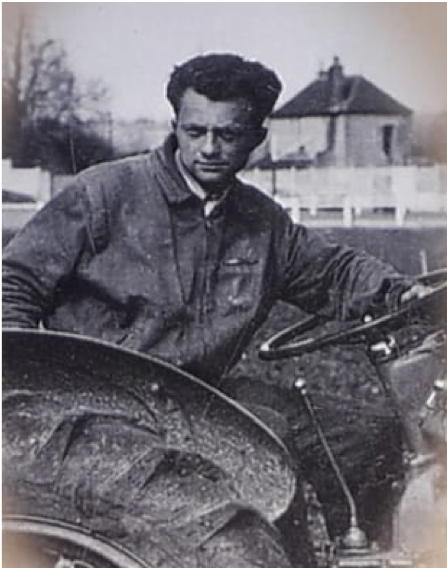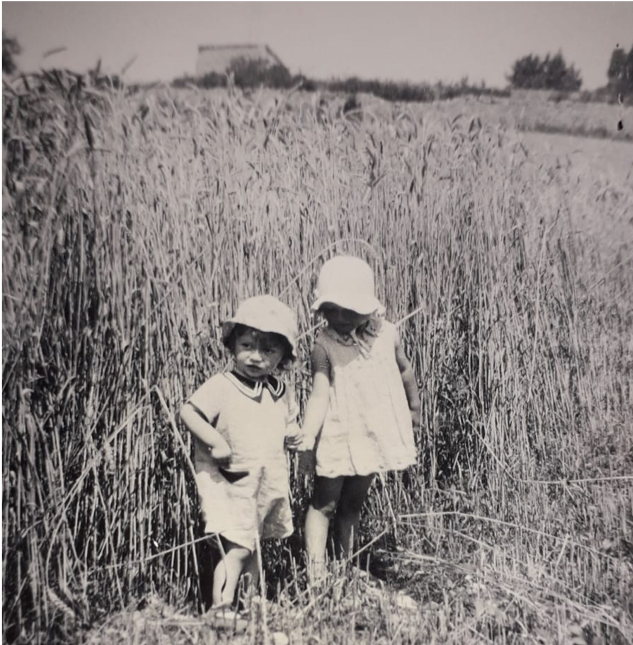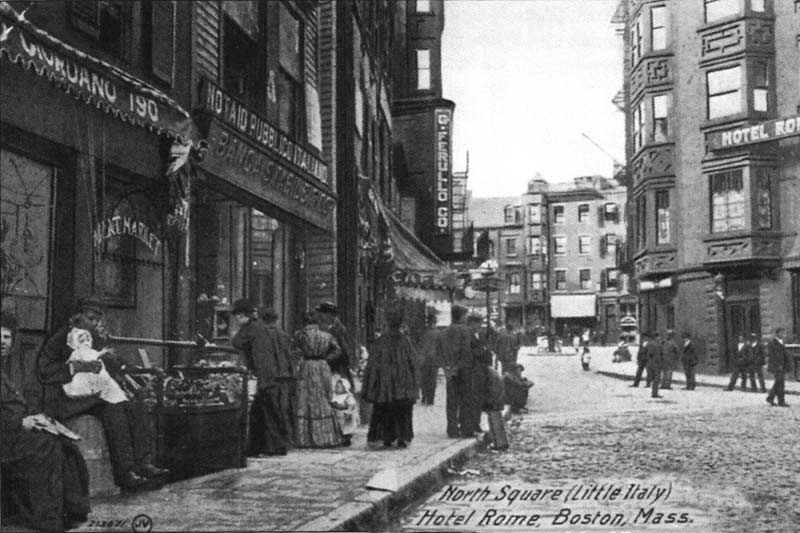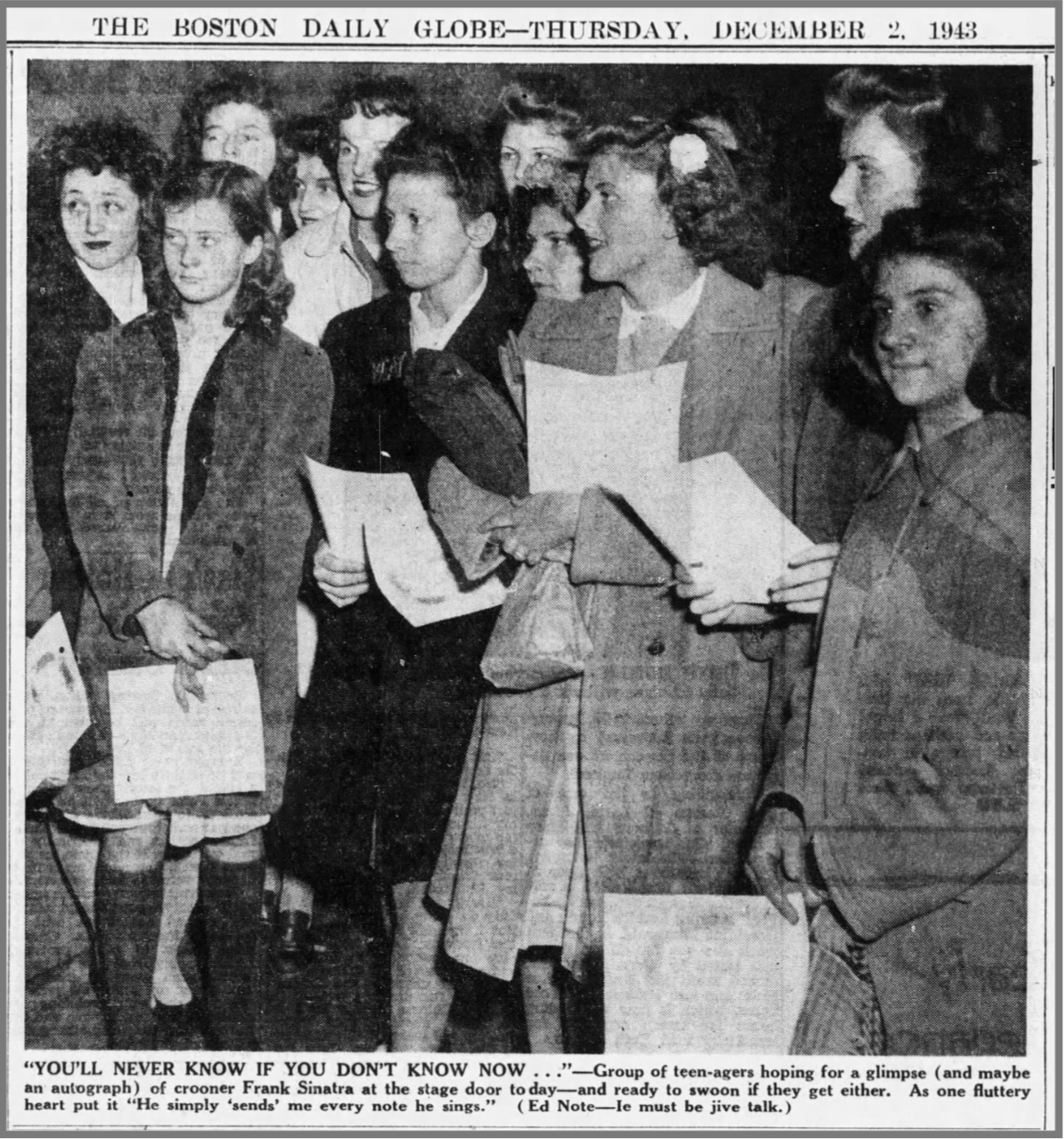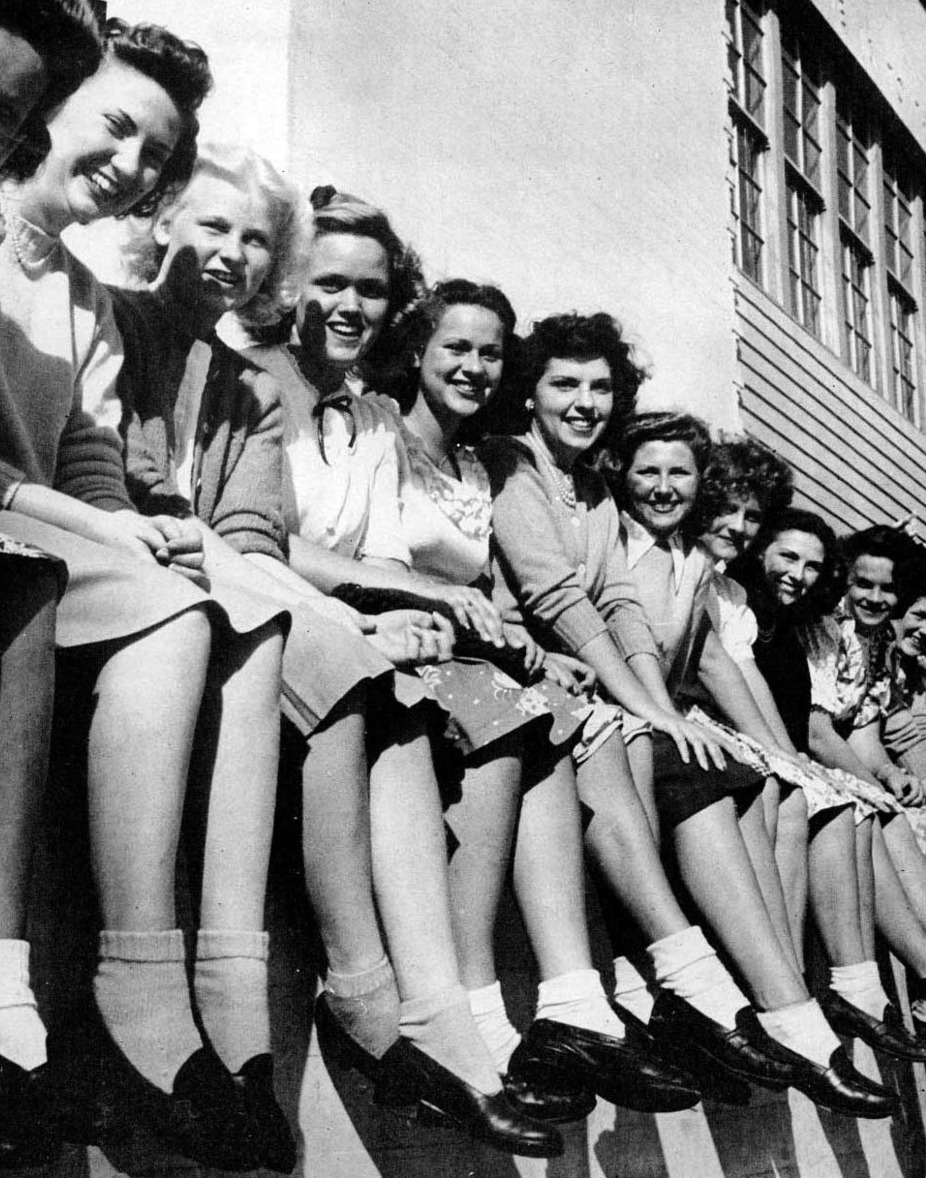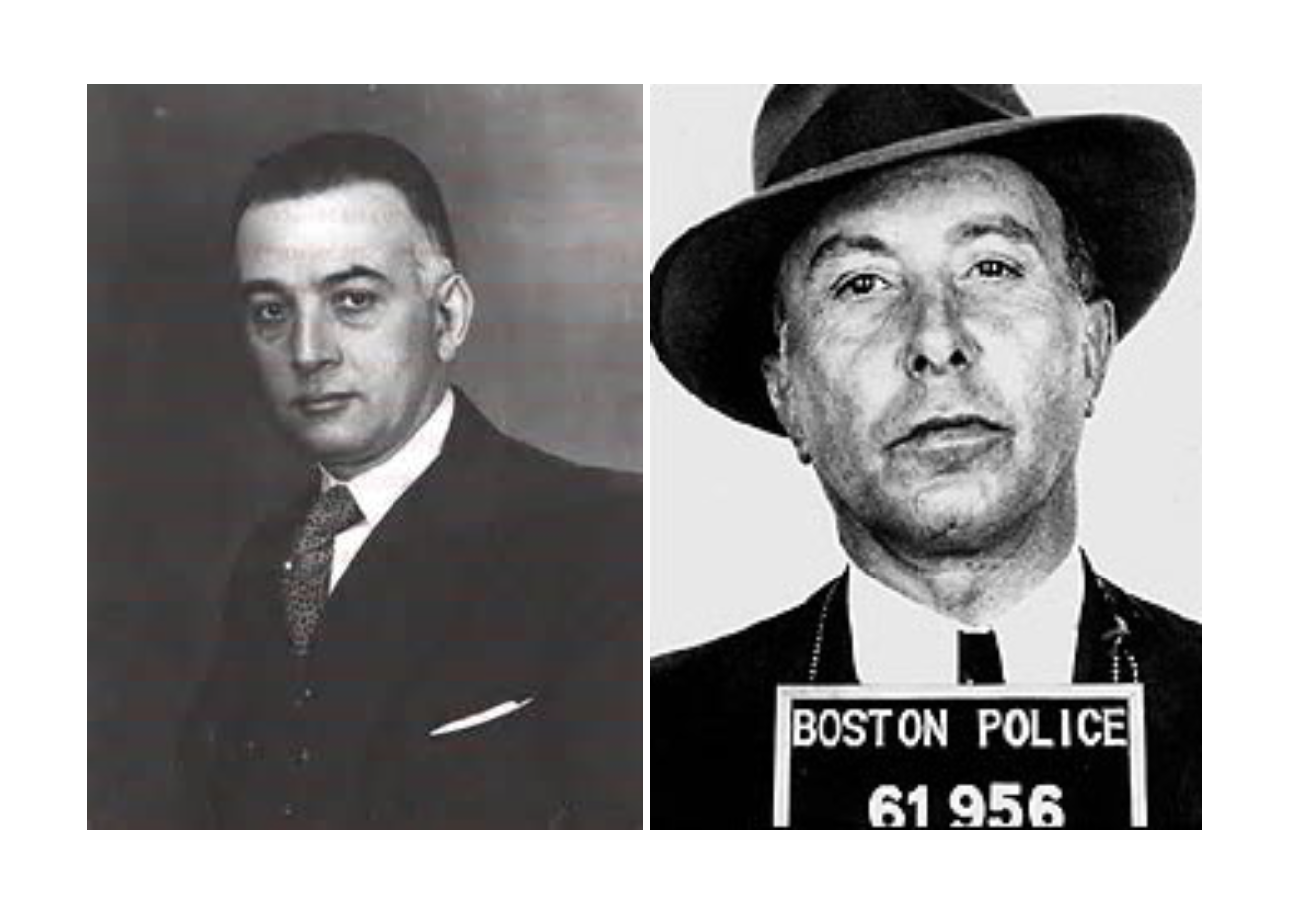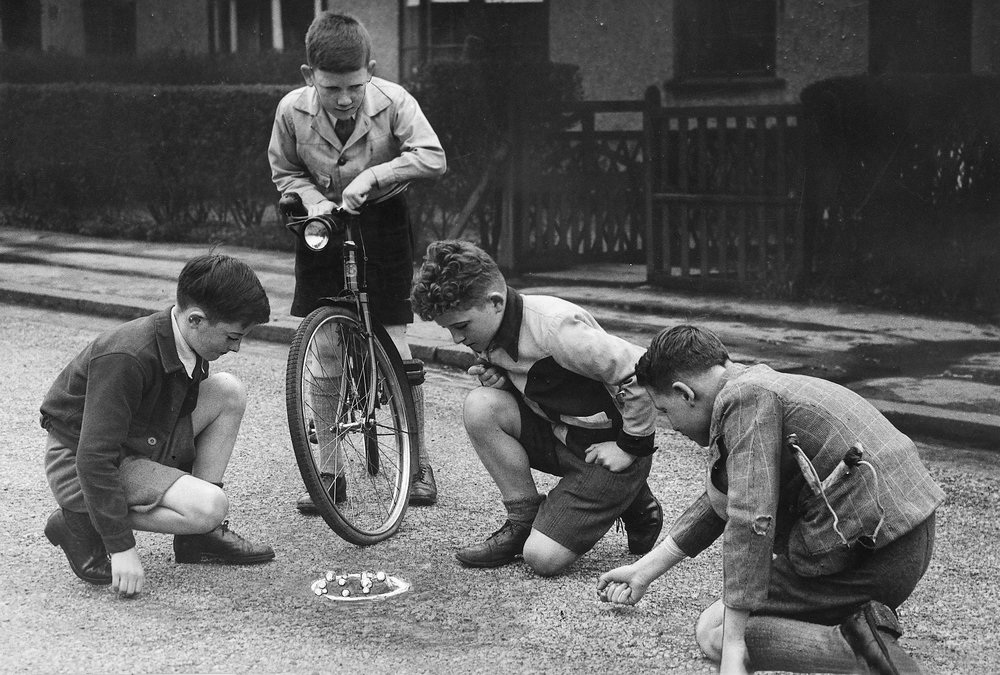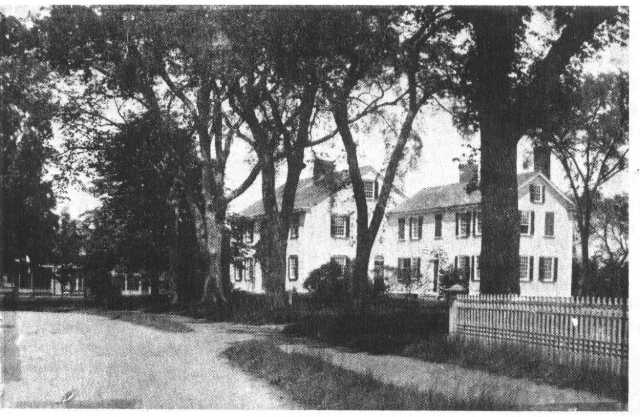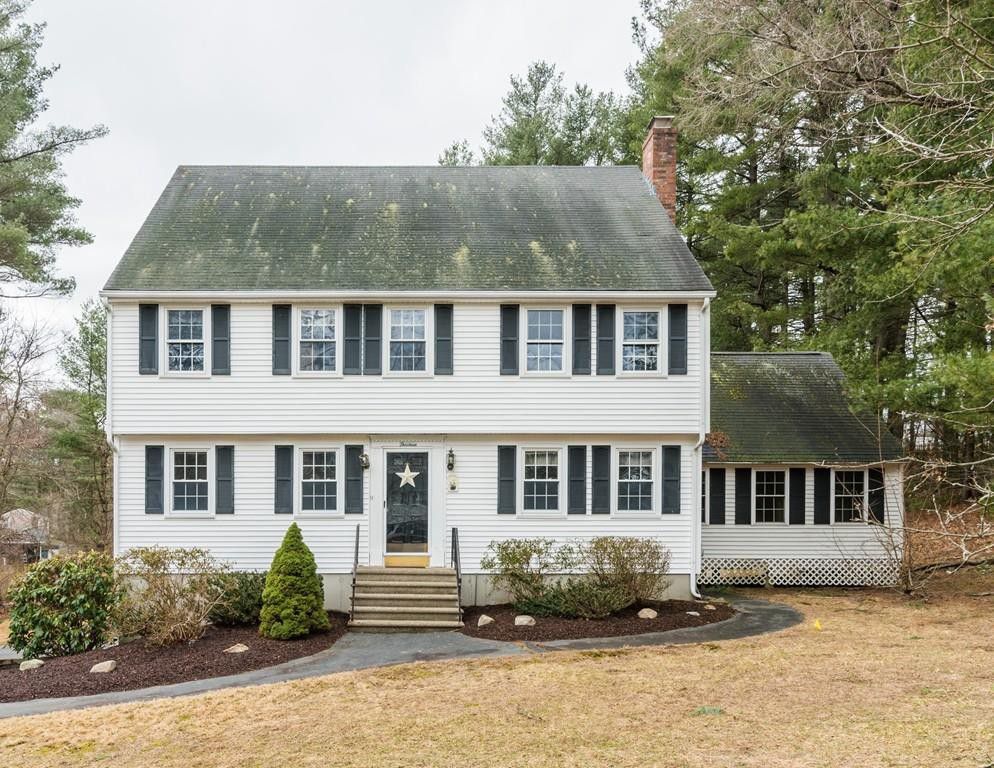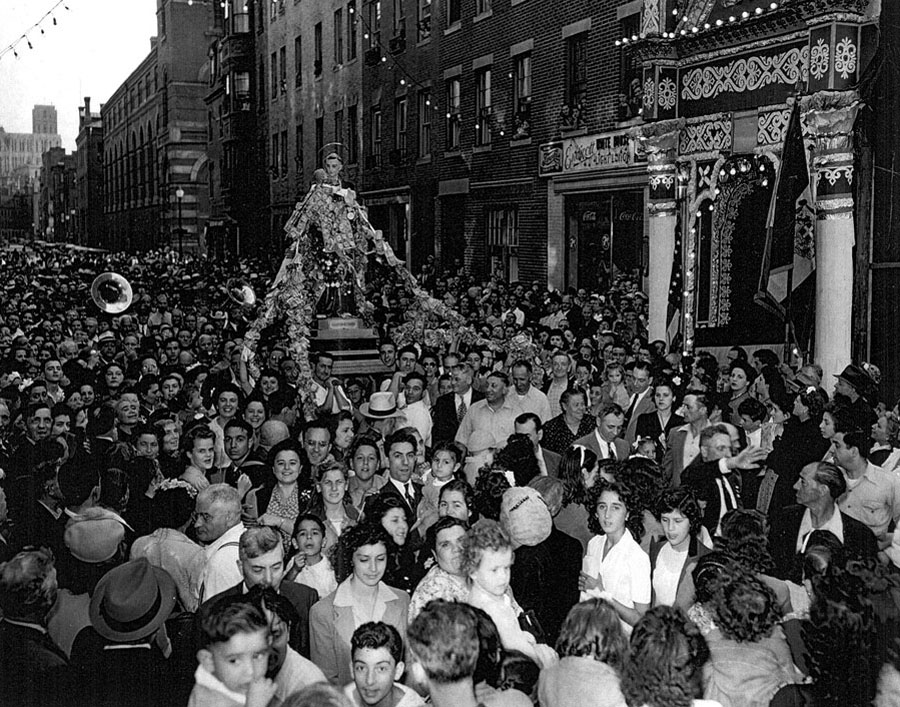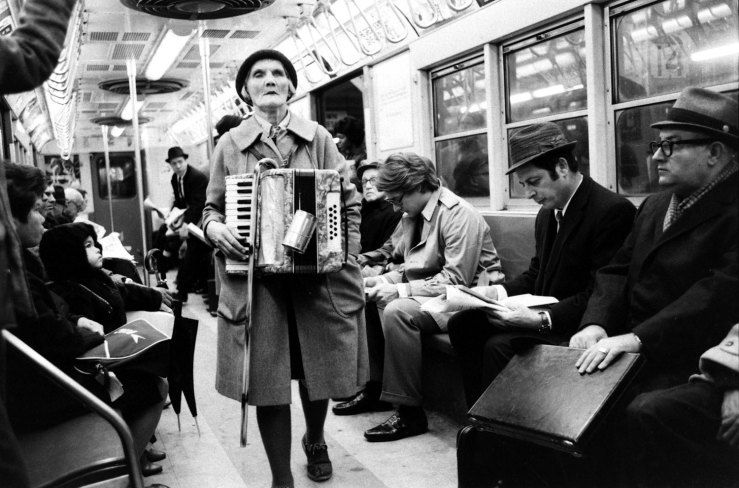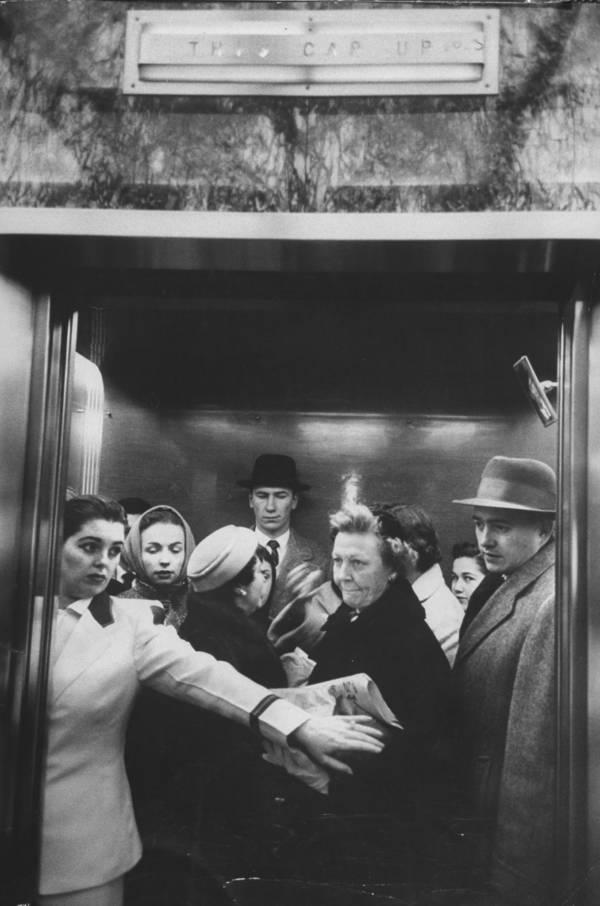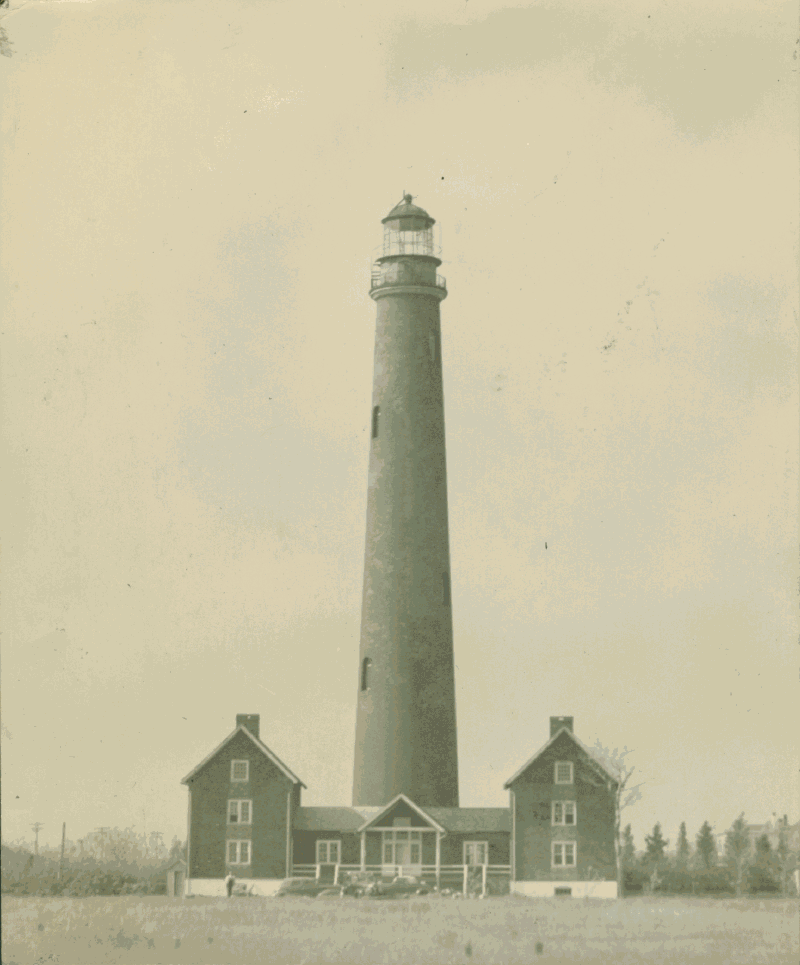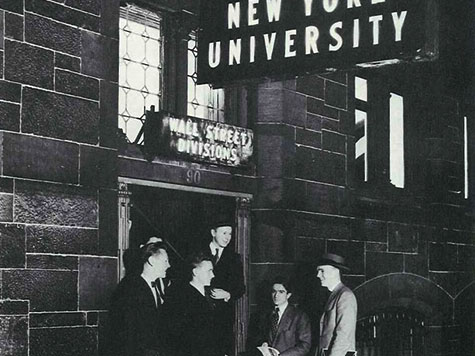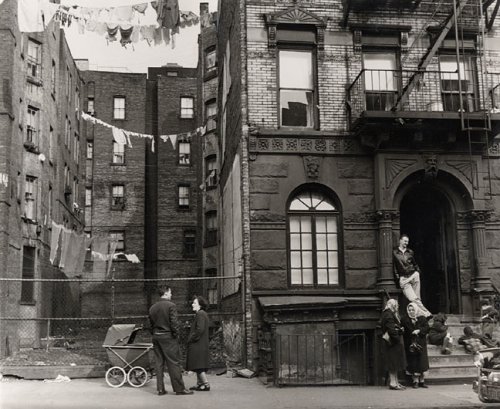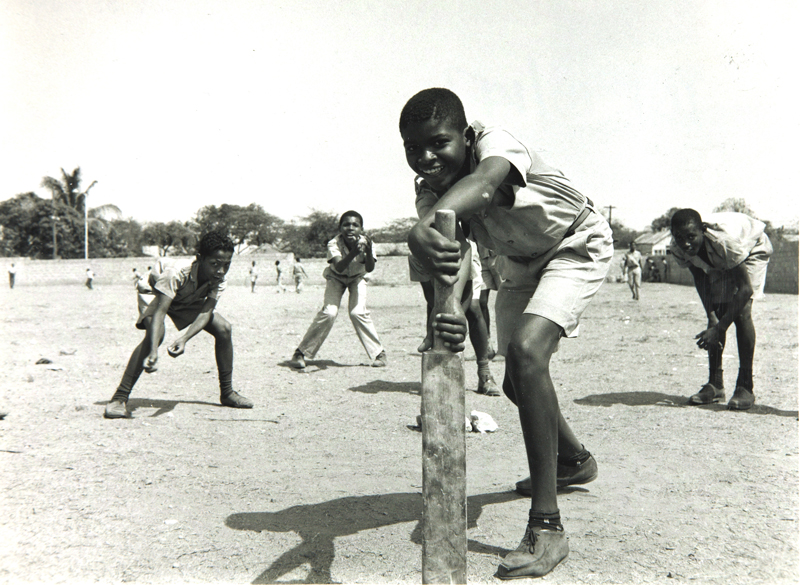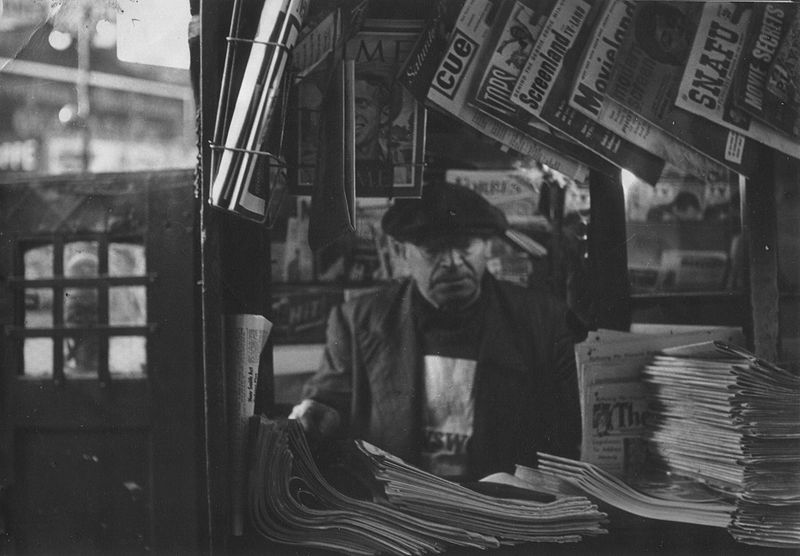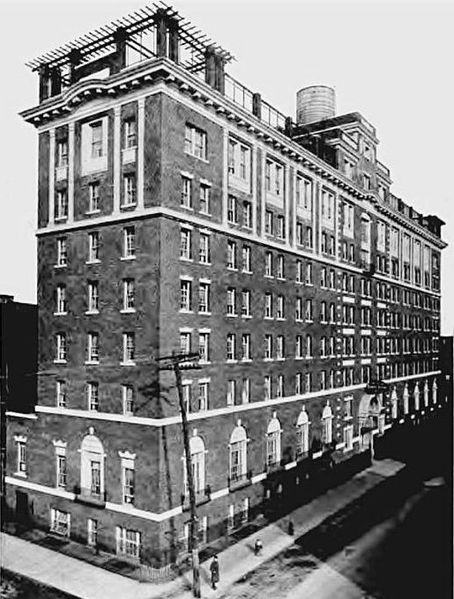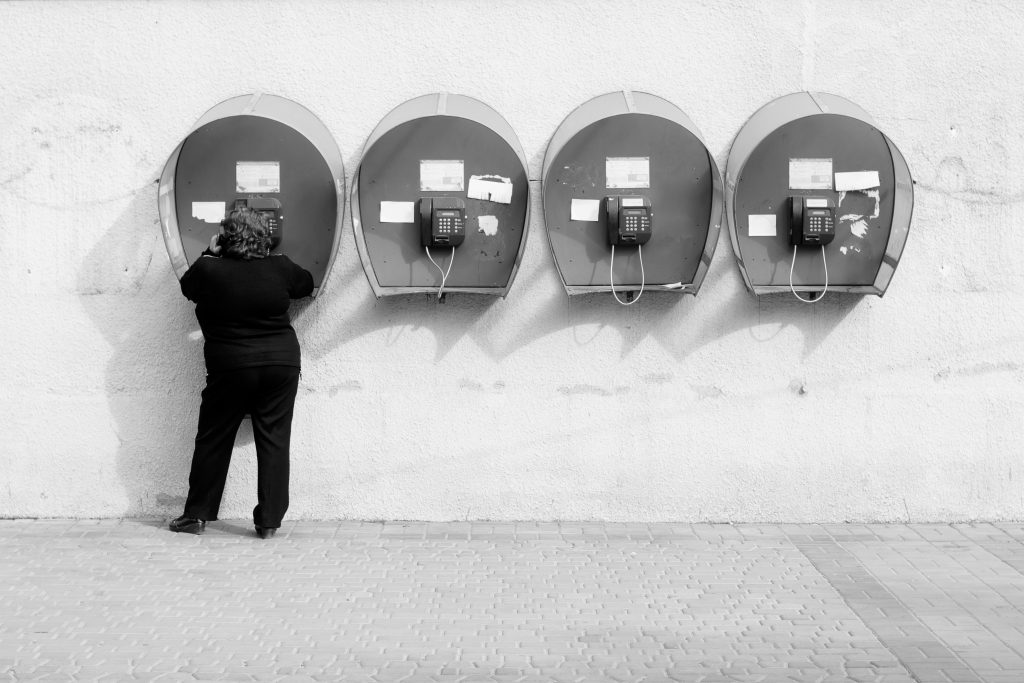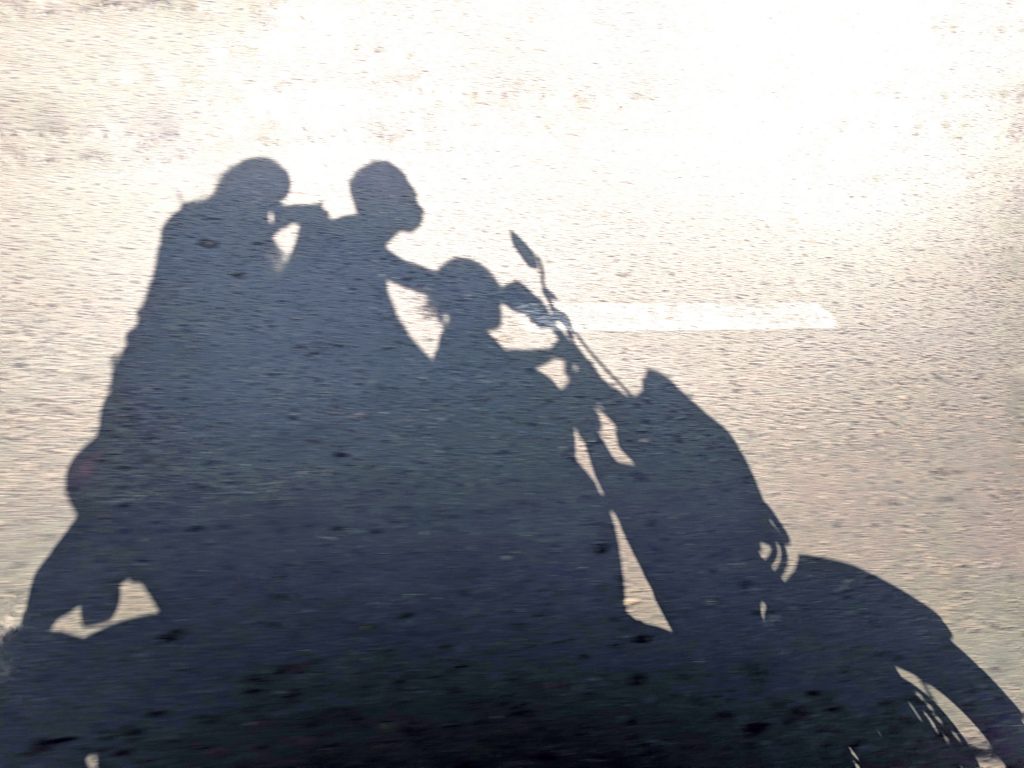Childhood Memories
Once, I don’t know what grade I was in, I didn’t turn my papers for math, so I got zero. I thought I would do good, and when they started asking me, I said “Oh, here’s the test paper.”
They said, “Why do you have it?”
I said, “I don’t know, I just brought it with me after the test.”
They said, “You’re supposed to give it to the teacher after the test!” But I just brought it with me.
“I didn’t know that I’m supposed to turn it in, I said I know the test, I know the questions, I know the answers, and I wrote the answers, but I kept the paper because I didn’t know that I was supposed to hand it in so they could look at it. I got in trouble because my mother found out I got zero. She went back to the school and explained them, but they said ‘No, no. Still zero.”
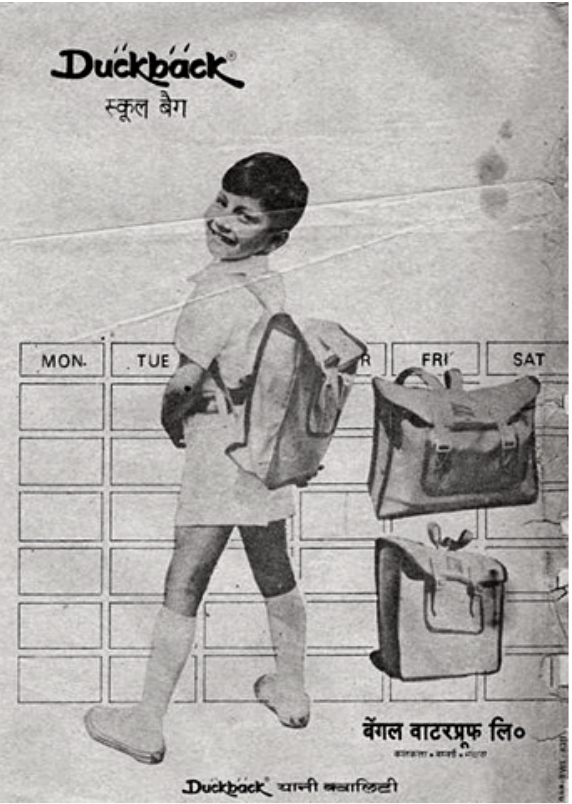
Duckback School Bag Ad from Indian Vintage Print Magazine (1980)
Image Source: Abhisays
Pride and Joy
“My greatest achievement is my two kids. And where they are, what they are doing. How successful they are. They still…If they have any questions, they come and ask me. I think they are going to do so much greater than I ever did.”
My Advice
My second greatest achievement is those people that I helped to move up in their career. Some took my advice, some didn’t. But those that took my advice and did good was my achievement. There are those that continuously ask for your advice but don’t take it. They still keep coming back and still don’t believe what I tell them. So I guess there was one guy who always wants my advice but never takes it. He’s very smart, very knowledgeable, very creative, but his financial situation is a mess. He doesn’t think he has to fix it. So he assumes somebody is not giving him what he deserves. So he keeps going after them rather than thinking ok what do I have to do to fix it.
And there are some people, when I was in India working with people, who did well and they moved on. Most of the advice I gave them was more generic rather than more specific. Explaining to them simple things, for instance, you have to do your homework every day. Not just ok, I did it yesterday so I’m done for the rest of my life. So these things keep coming back and the learning never ends. So think about it, things that you do all the time, not just things you have to do one time.

When you think about things you have to do all the time, then you really find ways to learn it. When you find ways to learn it, that’s when it becomes an ongoing experience as opposed to doing it one time and then you do it and forget it.
—



